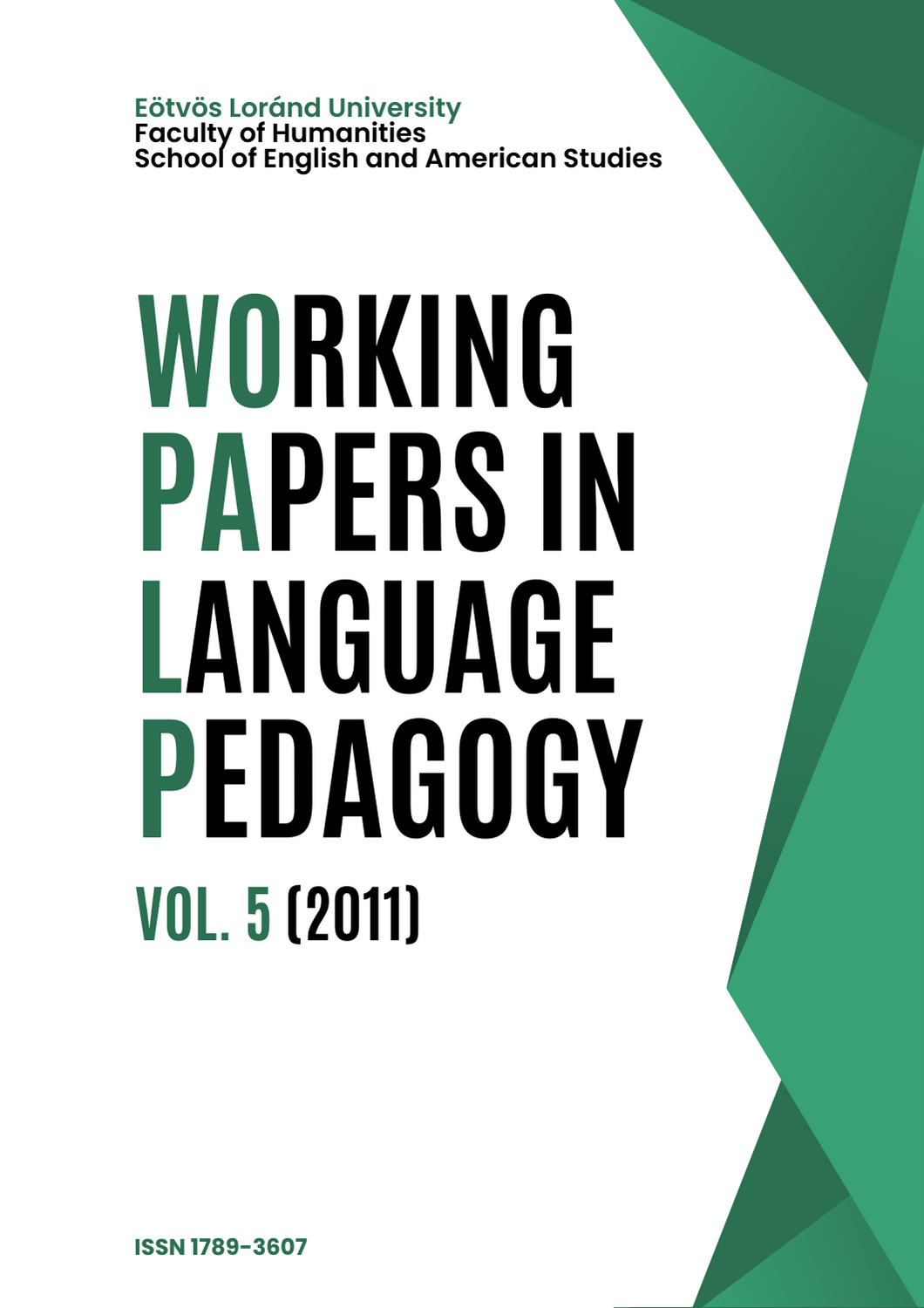Students’ Disposition towards the Use of Computers and the Internet in Language Learning: The Results of a Pilot Study
DOI:
https://doi.org/10.61425/wplp.2011.05.118.137Keywords:
technology, computers, Internet, online course, disposition, higher educationAbstract
Today’s students are described as ‘digital natives’ (Prensky, 2001) and different forms of technology are encouraged to be applied in teaching to suit their needs. However, there are very few studies about students’ disposition towards all these new technologies. To fill this niche the present research project aimed to explore college students’ disposition towards computers and the Internet generally and in language learning specifically. A further aim was to develop and pilot a questionnaire to find out about the frequency of students’ use of different computer and Internet applications and their disposition towards computers, the Internet and online learning. The participants of the study were 91 first-year students of a college in Budapest. Differences between regular and distance course students, as well as influencing factors, were investigated. The findings indicate that the students’ disposition towards technology is generally positive and they might be ‘digital natives’ in L1 communication. However, this does not mean that they use the Internet for language learning. While regular course students are not interested in an online language course, distance course students would participate in one. Previous findings that the frequency of use influences students’ perceptions of technology (Duggan et al., 1999; Vig, 2008) were not confirmed.




